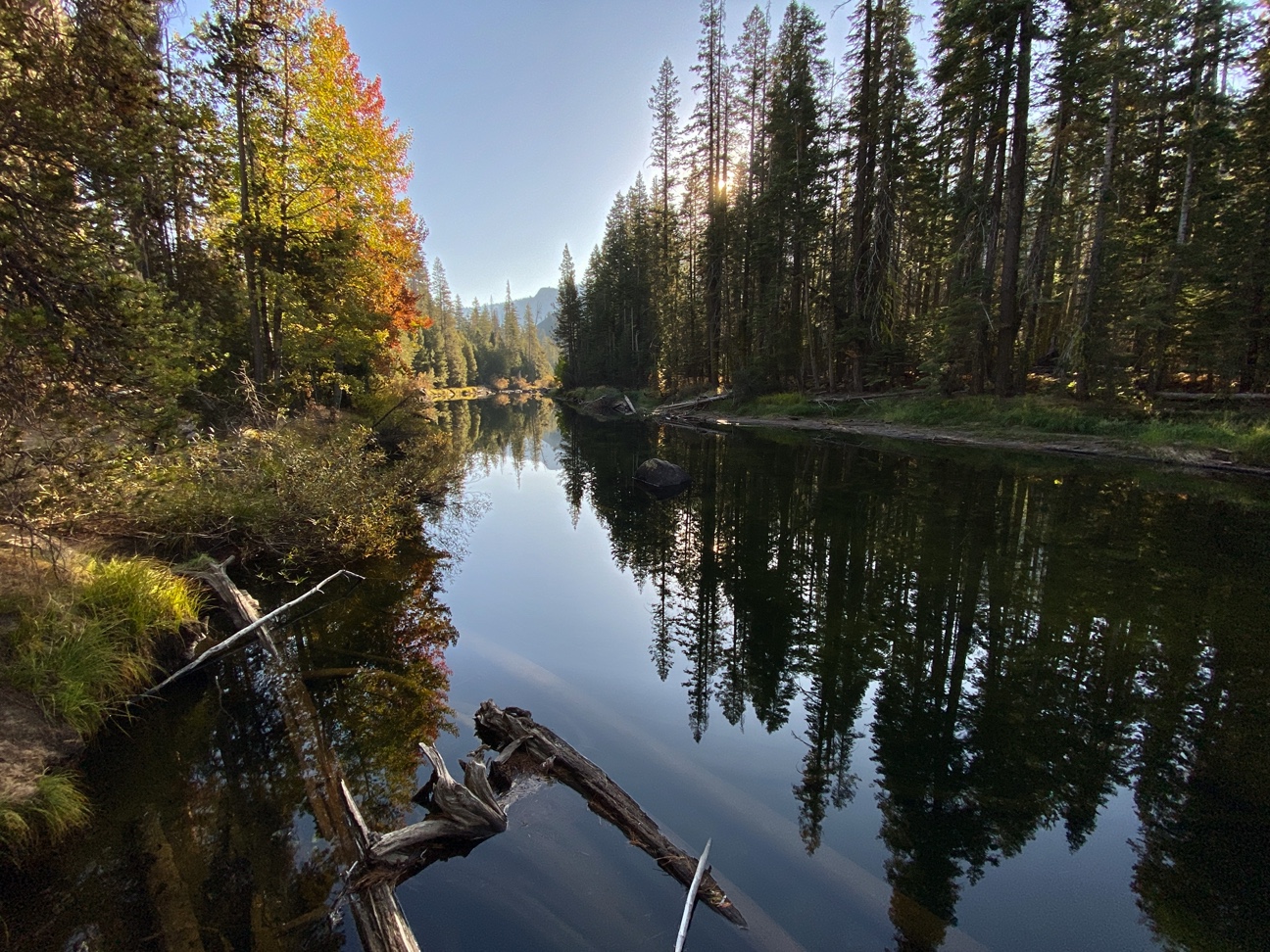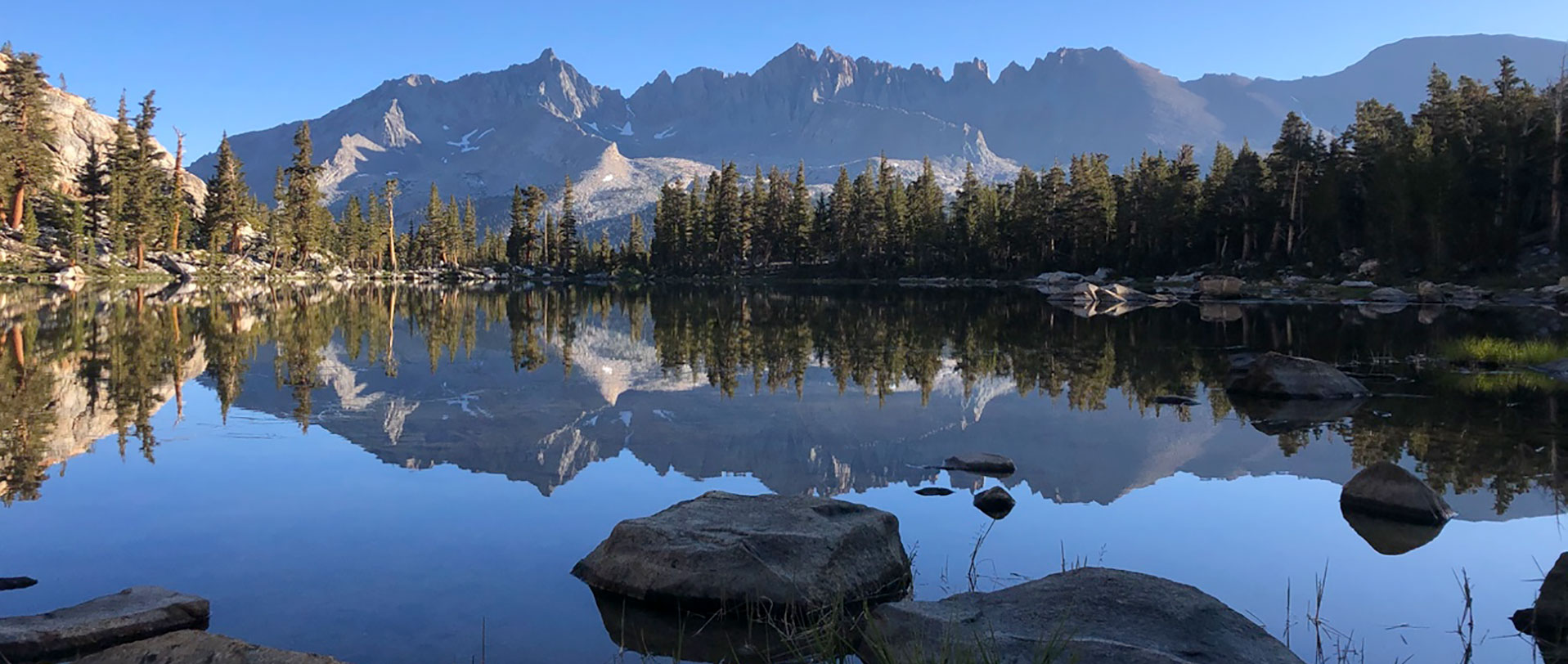By Cora Kammeyer
We don’t inherit the earth from our parents, we borrow it from our children.
This saying, commonly attributed to American poet Wendell Berry, reminds us that we are stewards of the earth. How do we reconcile this with the stark reality that our planet’s critical ecosystems – our rivers and wetlands, our oceans and beaches, our forests and prairies, and the diversity of life within them – are in steep decline?
There has been news about how the earth seems to be thriving as economic activity and human mobility has suddenly and drastically decreased in response to COVID-19. Waterways are clearer, air quality is better, parks are re-wilding. From this perspective, we might see the vitality of Earth and the vitality of human societies and economies as at odds with one another. But that perspective is not just pessimistic, it’s also wrong. To use another Wendell Berry quote, “the earth is what we all have in common.” And here I understand “we” broadly, the “we” of living things inhabiting Planet Earth.
On this Earth Day, the 50th anniversary of the world’s largest environmental movement and in the midst of a global crisis, I invite us all to think of earth as one big system in which the vitality of all life is interconnected. Each species, each community is distinct and unique, but also inherently linked and interdependent. Together, we all create something beyond any of us as individuals. And this system works a lot better when we manage it for the well-being of the whole, rather than the parts.
At the Pacific Institute, we envision a world in which society, the economy, and the environment have the water they need to thrive now and in the future. Securing that future we envision will require transformational, system-level change. In other words, managing for the well-being of the whole. This means rethinking the way our societies are structured, the way our economies operate, and the relationship between humans and the environment.

This systemic shift is especially critical in the face of the climate change, which worsens and complicates existing problems and introduces greater uncertainty about the viability of solutions. We cannot assume the tools and approaches we have been using to manage earth’s resources in the past will work in the future. The Pacific Institute recently set a new 2030 goal to catalyze the transformation to water resilience in the face of climate change. Solutions that restore, protect, leverage, and mimic nature and earth’s natural systems will be key to this transformation.
To bring our vision of a vibrant, healthy, resilient planet with abundant, clean water for humans and ecosystems to reality, we must keep reminding ourselves that we share this earth. Collaborative solutions that increase the resilience of our entire earth system – rather than just some of the pieces – are the best path forward.



Your message brings hope for the earth’s future! We humans have to change a lot though Thank you!